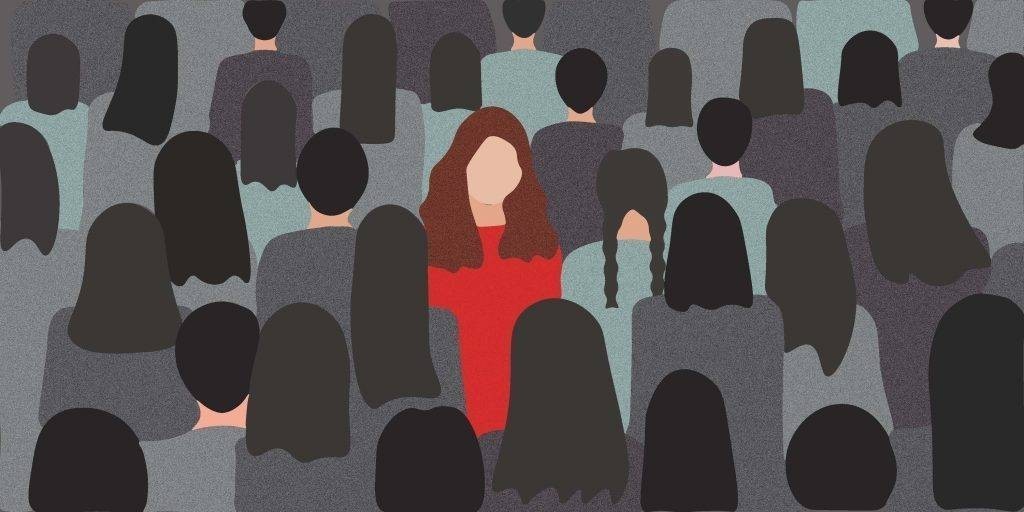საერთო ცხელი ხაზი +995 577 07 05 63


Photo: Publika
25th of November is an International Day for the Elimination of Violence against Women. Violence against women on gender basis is the most serious form of human rights violation, which deprives women of the right to life, safety, health, dignity, privacy and other essential rights, and deprives them of basic opportunities for life and development. In the context of gender-based violence, it is impossible to achieve gender equality and justice and that is why states are required to take special positive measures and policies to eradicate it.
The statistics of gender-based violence in Georgia are alarming. At least 1 in 7 women in Georgia has been the victim of physical, sexual and psychological violence from their partner in their lifetime, and 1 in 29 women in the last year alone. In Georgia, 26.2% of women have experienced sexual violence from a non-partner (1), sexual violence in childhood (2) and sexual harassment (3). Rates of gender-based violence increased even more during the pandemic. Stress, disruption of social and protective systems and networks, loss of income and reduced access to various services substantially increase violence against women.
While policies on violence against women have seen improvements in law enforcement and justice systems in recent years, and the number of registered cases of violence against women has increased significantly, [1] timely and effective prevention of such violence, real protection of victims' safety and social interests, and the policy towards real reduction of violence are weak and it requires a fundamental change in the political vision and approaches from the State.
Legislation on combating violence against women / domestic violence is in force in Georgia since 2006. However, effective state response to domestic / women violence cases has long been a problem. This type of violence was considered a "family affair" and police officers often did not respond to incidents. Such an attitude of the State, however, clearly hindered the prevention of crime, and women continued to live in a cycle of violence.
Since 2014, the State has begun a relatively active fight against domestic violence. Various legislative changes were adopted, and the process of approximation with international law began. Among them, the Council of Europe Convention on the Prevention and Eradication of Violence against Women and Domestic Violence (Istanbul Convention) was ratified in 2017. Criminal policy on cases of violence against women / domestic violence has been tightened and law enforcement agencies have been actively investigating cases. In addition to criminal liability, mechanisms of restraining and protective orders and providing temporary protection for victims of violence are actively used. Georgian law also provides for social measures to protect the victim, such as provision of shelter, psychology and medical services to the victim. However, the services offered to the victim are short-lived and do little to strengthen her.
The current policy is sharply weak to further care for and empower victims of violence, providing guarantees for women with housing, employment, education, and economic empowerment, and creating a truly safe environment for them.
Transformational justice approaches are completely excluded in the policy against violence against women, which involves understanding and transforming the structural causes of violence, as well as proper transformational work with the perpetrator and social empowerment of victims of violence. Even beyond transformational justice approaches, proper rehabilitation of the abuser during his or her stay in the penitentiary is not ensured by the State while applying sentences, which exposes specific families and individuals to continuing and even greater risks of violence.
Thus, in recent years, it has become increasingly apparent that the state is only active in punitive approaches concerning violence against women, however, it is substantially weak in terms of sustainable and real protection of victims of violence, as well as general and specific prevention of crime, that implies an identification of systemic causes of gender-based violence, the real transformation of the perpetrator’s behavior, attitudes, and consciousness.
In view of all the above, Social Justice Center believes that it is essential to substantially improve the existing state policies and to build it on a more multifaceted vision and approaches for the elimination of violence. It is important, on the one hand, to drastically strengthen the work aimed at the real needs and long-term empowerment of women victims, and on the other hand, to establish a systemic policy based on interdisciplinary knowledge and inter-agency (police, justice, social institutions, and penitentiary) coordination, that will address the structural causes of violence, create real conditions for perpetrators of violence, change behavior, awareness, and attitudes, and manage to introduce more timely and sophisticated methodologies for measuring the risks of violence.
[1] The number of women recognized as victims has increased 3.8 times from 2015 to 2020. According to the official statistics, the number of women recognized as victims of violence by the investigation in recent years is as follows: 2015 - 122 women; 2016 - 175 women; 2017 - 189 women; 2018 - 292 women; 2019 - 452 women; 2020 - 463 women; The number of women in the shelter has also increased 3,4 times in the last 5 years; The number of issued restraining orders has also increased 3, 8 times. In 2015 their number was only 2726, while in 2020 it was 10321.
The website accessibility instruction